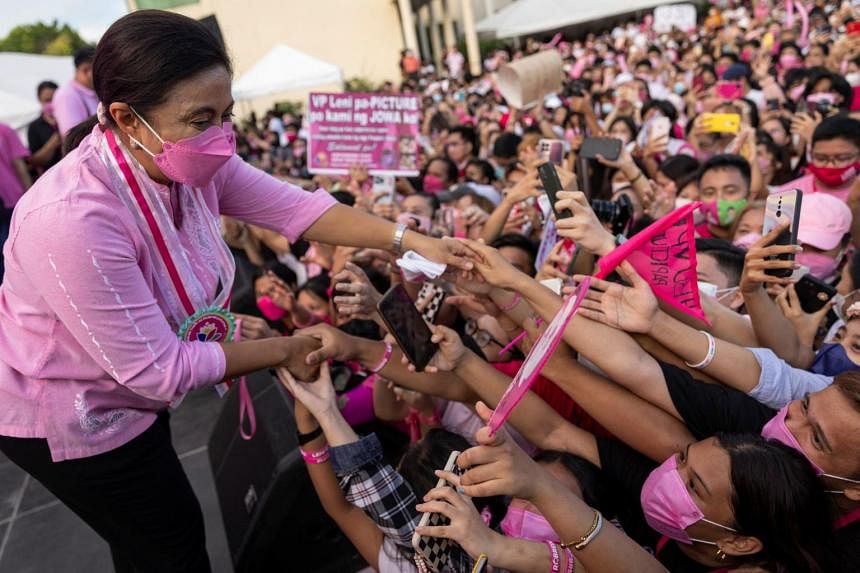 |
| Isabel Magkoeva, a Russian political activist and socialist opposed to strong leaderism in her country. (Photo grabbed from https://en.wikipedia.org/wiki/File:Isabel_Magkoeva.jpg) |
1.
WHAT kind of leaders are our politicians and those leading government institutions? Well, I'd venture to say that probably 99% are leaderists, Vozhdists.
2.
But before that, we should congratulate Turkey for voting for a dictatorship constitution that emulates ours, and winning. Welcome to the club, Turkey!
Well, everywhere you look these days, nations are all agog to see the fruits of leaderism.
Are armies ever going to emerge to resist the trendy global rise of leaderism? As of the moment, I doubt it.
So, back to our original question: How many Filipino politicians and government institution leaders are displaying a voice against leaderism?
That is, of course, a statistical question, the statistical data for which would be hard to come by.
But there are ways of proving the possibility of the number that purports to be the above conclusion, 99%. We can start with a backyard scan of, say, . . . how about a government institution with a reputation for independence? The University of the Philippines? You okay with that?
3.
Incidentally, ever heard of the rumor that the UP is going to bestow on Rodrigo Duterte an honoris causa?
Talaga? Wow.
Pero, hoy, teka muna. Ano ba ang honoris?
A better and more specific question would be: sino ang mga naghonor sa hohonorin ng honoris causa na ito?
Sabi at tanong ko pa nga sa anak ko na nag-graduate sa junior high with honors: "anak, nakuha mo ang honors na yan dahil sa dunong na nakuha mo at sa pagdisplay mo ng dunong na iyon. Ngunit sino ba ang mga kasabwat mo sa pag-absorb mo ng dunong na iyon? Sino silang mga pumapalakpak sa display na iyon?"
"Isaisip mo," tuloy ko, "na ang honor ay nag-pre-presume ng existence ng isang hinonor at ng isang nag-honor o mga nag-honor."
"Kaya," sabi ko, "pasalamatan mo hindi lang ang gods (o si God) kundi pati rin ang mga nagbigay ng honors (o nag-honor) sa iyo, silang mga naghonor sa honorable display mo ng dunong na tinutukoy, dahil malamang sa kanilang pagsusumikap din naman nanggaling ang mga bagay na iyon na na-absorb mo at siyang naging honorable dunong mo. In short, kasabwat o kasama mo sila sa achievement na ito."
"Uhuh," sabi niya, sabay ngiti at kamot ng ulo sa sermon ko.
Ngayon, mga anak, pag-usapan na natin ang honoris causa. Hehehe, sermon na talaga 'to.
Maganda lang naman na malaman natin kung sino-sino ang mga nagbigay ng honoris causa sa isang tao at bakit. Kasama yun dapat sa kasaysayan ng isang honoris causa. Dahil malamang ay sa kanilang pagsusumikap din naman nanggaling ang pag-"honoris causa" na ito sa isang tao na inabsorb lang din naman ng mga ngiti ng tao na ito, totoong honorable man siya ayon sa mga naghonor sa kanya o hindi. Kailangan isaisip na ang honoris causa ay hindi lang dahil sa "achievement" ng isang tao, ano man iyon, kundi rin dahil sa mga kasabwat o kasama niya sa isang institusyon sa pagtukoy at pag-validate sa "achievement" na ito, ano man ito.
Ang honoris causa ay tagumpay hindi lang ng pinarangalan, sino man siya, kundi rin ng standards ng mga nagsukat at pumalakpak, sino-sino man sila.
"Hindi ako Duterte, Pa," bulong ng anak ko.
"Alam ko," bulong ko pabalik. "Ginagamit ko lang ang honors mo sa aking alegorya tungkol sa isang suspect na honoris causa. Okey lang ba?" :)
"Gets ko naman yun, ikaw naman," sabi niya.
4.
Sorry, we got waylaid there. Back to our question and hypothesis: What kind of leaders are our politicians and those leading government institutions? Well, I'd venture to say that probably 99% are leaderists, Vozhdists.
On second thought, I think we were lucky to have been waylaid there, for it got us to an incident which probably amply proves our number, if you can put two and two together.
5. Leaderists! Leaderists! Leaderists! Leaderists! . . .
[S / -I]










